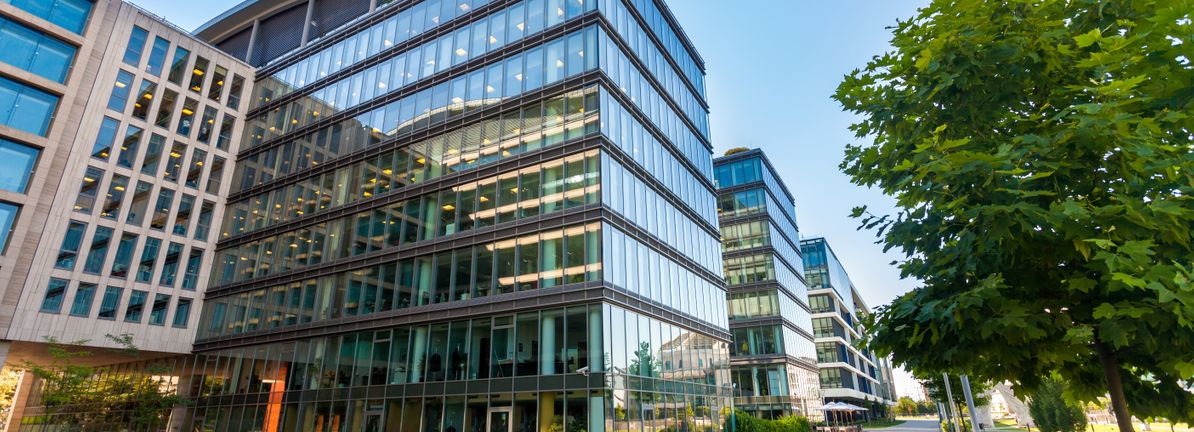S
uneet Singal, a seasoned business professional with deep roots in real estate, has made a strategic transition into the green energy landscape. With an extensive background in various stages of real estate development, from raw land to commercial buildings, Singal's shift may seem unconventional at first glance. However, upon closer inspection, it appears both natural and innovative, reflecting a broader trend among professionals rethinking their career paths in light of global sustainability goals.
Singal brought his analytical expertise, honed through years of real estate experience, into the green energy sector. He recognized that green energy initiatives could be framed within familiar investment structures used in real estate, providing a secure investment avenue for traditional investors. This dual focus on sustainability and financial stability makes green energy an appealing sector for real estate professionals.
"I wanted to convey that it's never too late to change career paths to something more environmentally friendly," Singal said. "Realistically, anyone in the Real Estate game can also be in this industry and help save the planet at the same time."
Singal has been involved in various projects producing renewable diesel, sustainable aviation fuel, and now exploring hydrogen as a new energy commodity. Green hydrogen, produced through electrolysis using renewable energy sources, represents a crucial step toward reducing carbon emissions and mitigating environmental degradation.
Recent projections emphasize the important role of green hydrogen in the transition towards long-term sustainability. By replacing fossil fuel energy sources that contribute to significant carbon dioxide emissions, green hydrogen emerges as an environmentally friendly alternative with the potential to revolutionize various industries.
The expected increase in electrolyzer capacity to 134-240 GW by 2030 is set to drive extended supply chains, representing a major milestone in adopting green hydrogen. This significant rise underscores the growing recognition of green hydrogen's transformative impact on environmental sustainability and economic development.
Market growth is crucial for industrialized economies, but green hydrogen offers significant sustainable growth potential to industries worldwide. This could create up to 2 million jobs annually worldwide between 2030 and 2050, underscoring the global impact and substantial economic advantages of embracing green hydrogen technologies.
"We are at the beginning of the Green Hydrogen revolution, and the possibilities are virtually endless," Singal commented. "The sector has all the makings to become a trillion-dollar market."
Green hydrogen has the potential to revolutionize various industries as it is an eco-friendly alternative to traditional fossil fuels and offers a clean and sustainable source of energy. Despite its potential, widespread adoption faces significant challenges, including high production costs due to infrastructure development needs.
However, with technological advancements and joint efforts from policymakers, investors, and industry stakeholders, these challenges can be overcome. Singal concluded that "with the cost of green hydrogen becoming more affordable and with a huge market potential in terms of investment opportunities, it's a no-brainer."














